Content by Pete Bauman
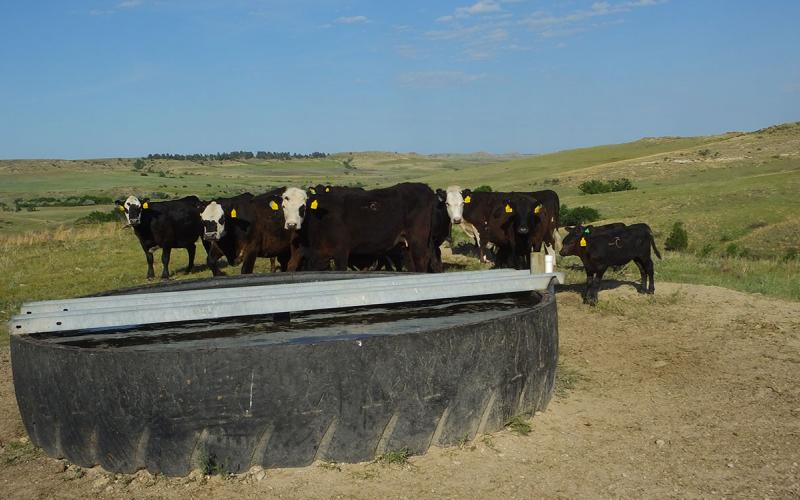
Water Quality
While producers have long acknowledged that access to water makes the difference between a profitable or unsuccessful operation, they are beginning to understand that water quality may be as important as water quantity.
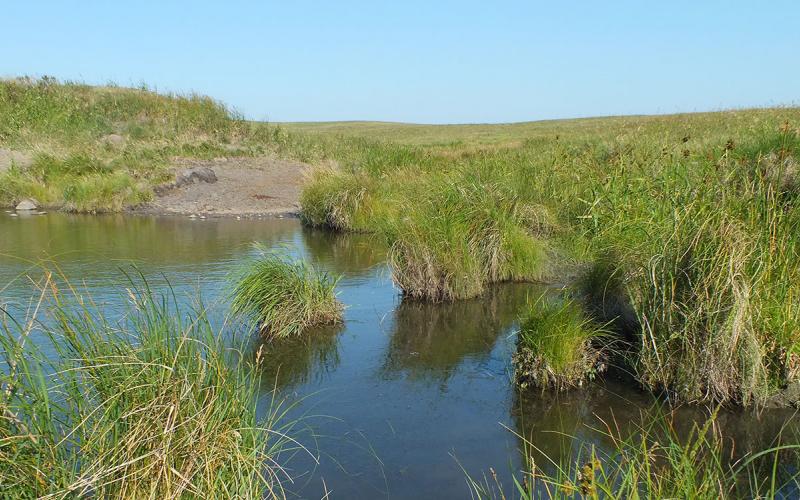
Managing Livestock Attractants Near Water
In the event that your pasture includes riparian areas, such as streams, rivers, lakes or ponds, you’ll want to take special care of these habitats. A riparian area is the space immediately adjacent to the shore, where water and land interact.
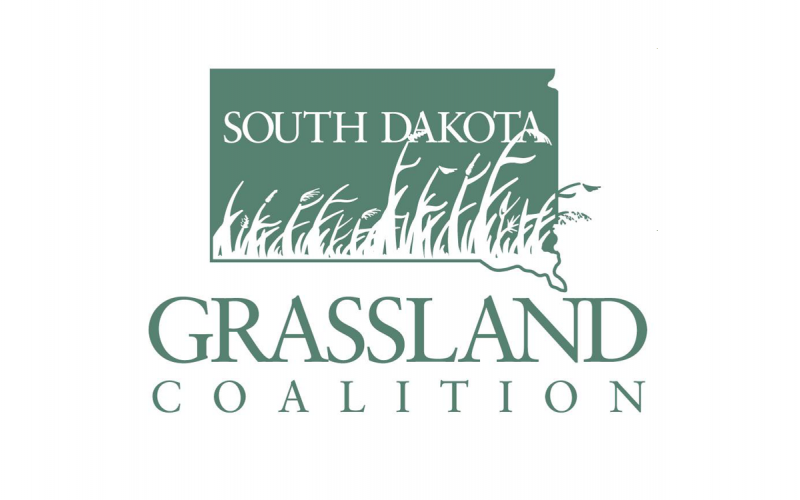
Introducing the South Dakota Grassland Coalition
The South Dakota Grassland Coalition is a non-profit organization that seeks the voluntary improvement and protection of privately owned grasslands for the long-term needs of the resource and its various species.
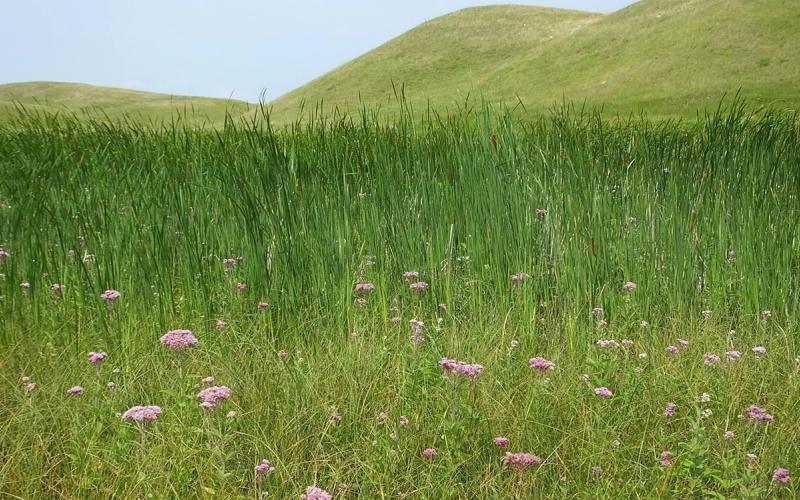
Understanding Grassland Terminology
Before learning the best practices of grassland management, it's important to know some of the common terminology used in the land management and conservation arena.
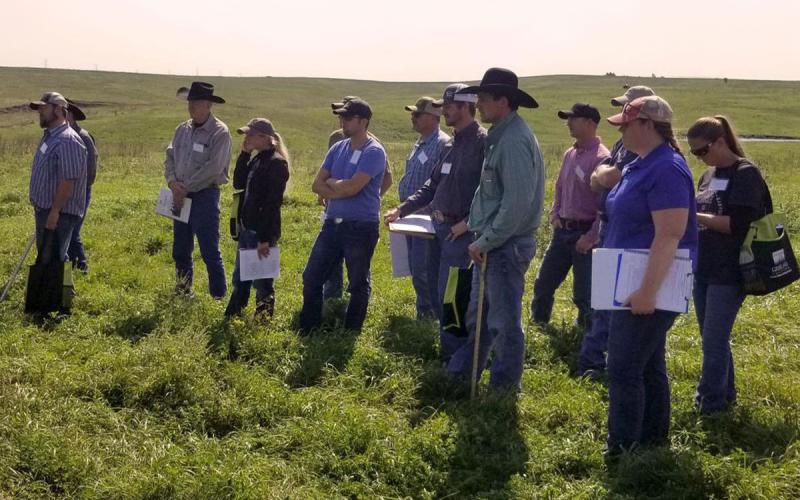
South Dakota Grassland Management Resources
The South Dakota Grassland Coalition provides educational opportunities for producers and agency personnel alike and has a wealth of informational tools available to share with others seeking assistance.
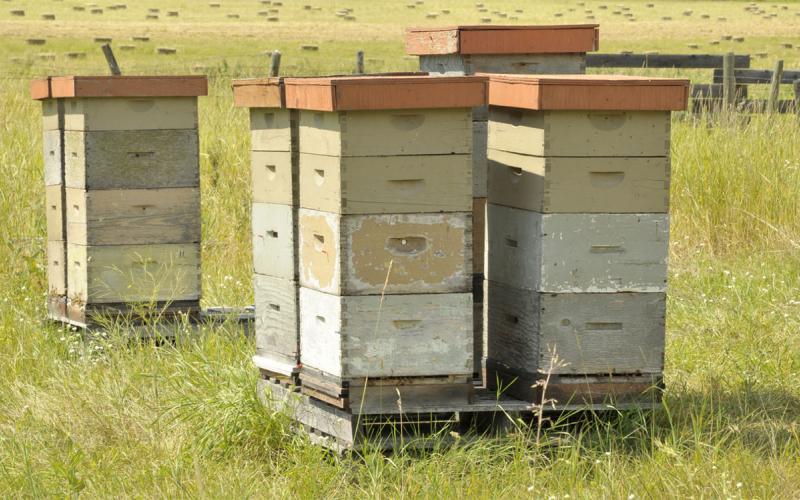
Grassland Goods and Services
Grasslands, whether in the form of pastureland, rangeland or various conservation program or habitat lands are important ecosystems that provide a variety of goods and services.
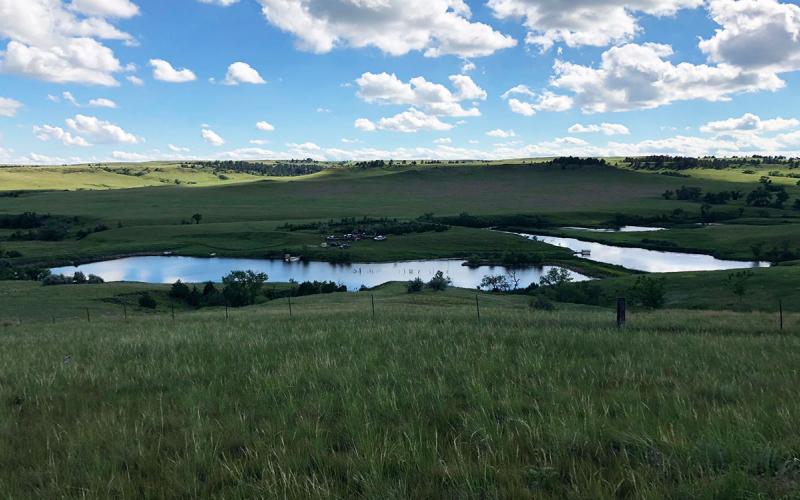
Why Grassland Management?
Grassland management involves more than simply moving livestock from one pasture to the next. Successful grassland managers are educated in grassland health and strive to improve their personal understanding of key grassland components.
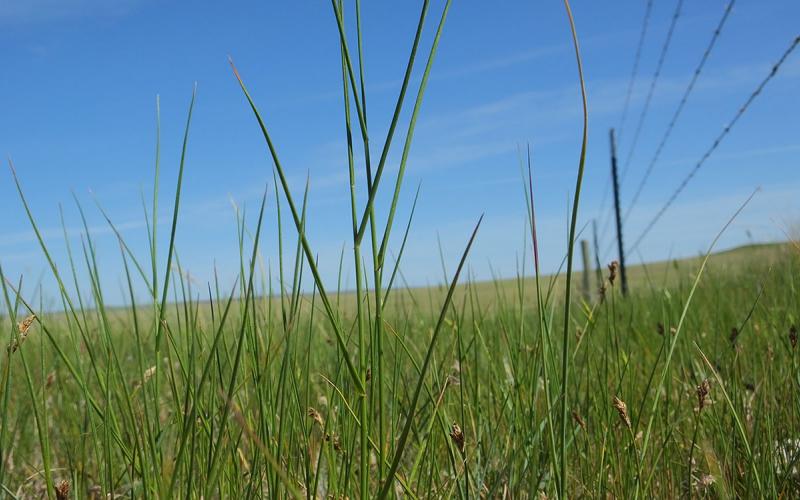
Native Species
Native grassland species are a vital part of South Dakota’s livestock industry. Native species tend to be well adapted to the soils and climate of a specific area, and they are typically less susceptible to disease, pests, drought and other ailments.
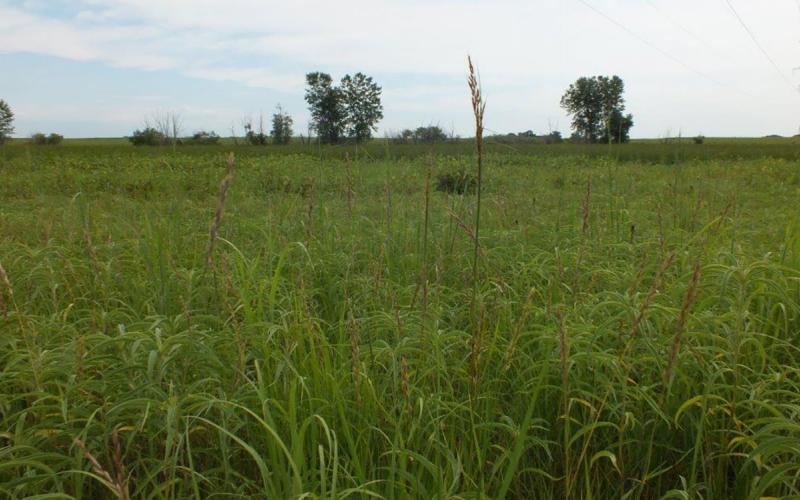
Warm and Cool-Season Grasses
Grasses are often divided into two groups based on their season of growth. Cool-season grasses grow in the early part of the growing season (spring and early summer), while warm-season grasses grow later in the season (early summer to late summer).
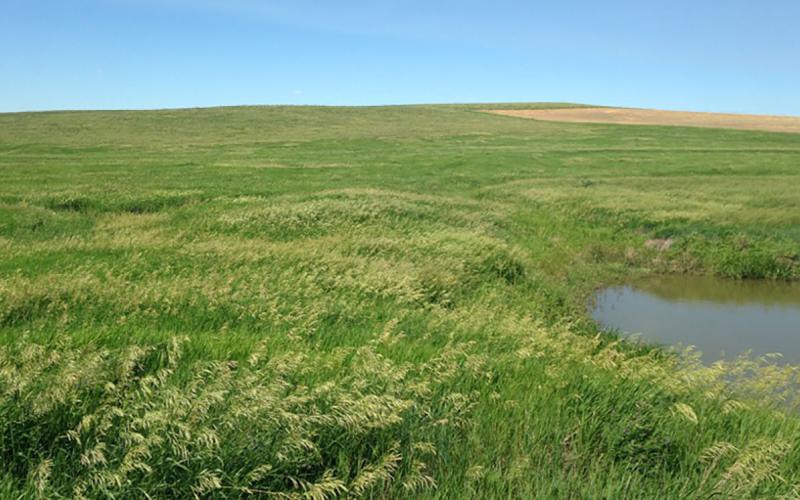
Introduced Grasses and Forbs
While native grasslands contribute greatly to the integrity of the overall grassland community in South Dakota, the use of introduced grasses has proven a popular alternative for some producers.